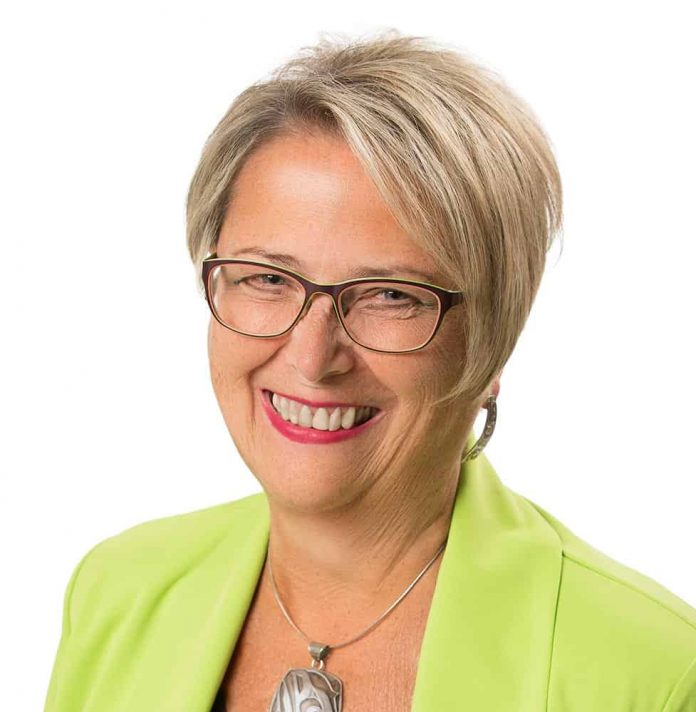MORE people in B.C. will have access to life-saving overdose prevention, treatment and supports.
These supports are part of the $10.5 million in funding that will accelerate the response to an increasingly toxic illicit drug supply due to COVID-19.
“There have been devastating consequences for people who use substances during dual public health emergencies,” said Judy Darcy, Minister of Mental Health and Addictions. “Last month saw a record number of lives lost to overdose – all the more heart-breaking since before COVID-19, we had managed to bring deaths down for the first time. The illicit drug supply is more toxic than ever before. That’s why we are accelerating our response to connect more people to life-saving prevention and treatment services and supports as we work to build a full continuum of care that works for all British Columbians. Together, we can stem this terrible tide.”
The funding will further scale up overdose prevention services, expand access to safe prescription alternatives to separate people from toxic street drugs and add new outreach teams to help prevent overdose deaths, save lives and connect more people to treatment and recovery throughout the province.
To reduce the number of people using alone, funding will be used to open 17 new supervised consumption services and 12 new inhalation services in communities hit the hardest by the overdose crisis.
The funding will be used to expand access to safe prescription alternatives for people at high risk of overdoses. Nurses in various communities will be added to conduct initial patient assessments. This will allow prescribers, pharmacists and care teams to help more people get the medications they need to stabilize and stay safe during this challenging time.
Forty-two new full-time registered nurses, psychiatric nurses, social workers and peer support workers will be added to 14 new and existing interdisciplinary outreach teams throughout the province. Working in groups of three, these workers will help connect people with substance-use challenges, including those who use drugs alone, to treatment, recovery and services that best suit their needs. In addition, these teams will be vital in bringing services to people who may be unable to access services as a result of COVID-19.
Team members will use a culturally safe, trauma-informed approach to care to engage individuals at-risk and those who have experienced stigma and discrimination while accessing health care.
“These measures are a huge step in the right direction towards supporting people who use drugs, including the many clients that we serve,” said Katrina Jensen, Executive Director, AVI Health and Community Services. “This will make a significant difference in enhancing overdose prevention services and increasing access to safe supply, which in turn will help support more people during this challenging time.”












